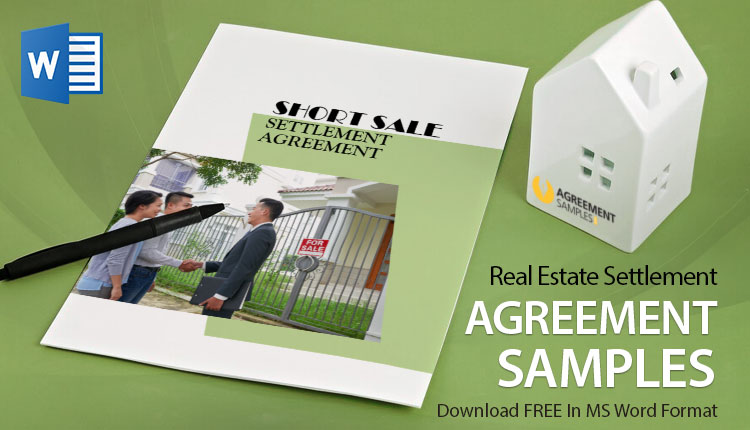Unlocking the doors to seamless real estate transactions has never been easier. With just a few clicks, you can access a treasure trove of Real Estate Settlement Agreements, ready for immediate download and use. No more waiting for appointments or consultations; these agreements are available at your fingertips, right when you need them. Whether you’re in the midst of a property purchase, having these agreements on hand means you can swiftly and confidently move forward with your plans. Say goodbye to lengthy delays and hello to efficiency – download your agreements now and experience the convenience firsthand.
Simplify your real estate transactions with our customizable Real Estate Settlement Agreements. Each includes an editable cover page and sample placeholders for easy updates. Skip the lengthy drafting and high legal fees—download and use the agreements immediately. Download your free agreements now and move forward with confidence.
The Real Estate Settlement, or closing, is the final step in a property transaction. It’s when the property officially changes ownership from the seller to the buyer. This typically takes place in a meeting with the buyer, seller, real estate agents, title company, and lender.
The settlement process ensures all legal and financial matters are properly handled, so both buyers and sellers should be familiar with it. They should work closely with their real estate agents and other professionals to ensure a smooth and successful settlement.
The Real Estate Settlement Procedures Act (RESPA) covers a range of services involved in closing a real estate deal, whether you’re buying, selling, or refinancing a home. These services ensure that everything runs smoothly and fairly.
Types of Settlement Services:
RESPA protects you from hidden fees and unfair practices, ensuring a smoother and more transparent real estate closing process.